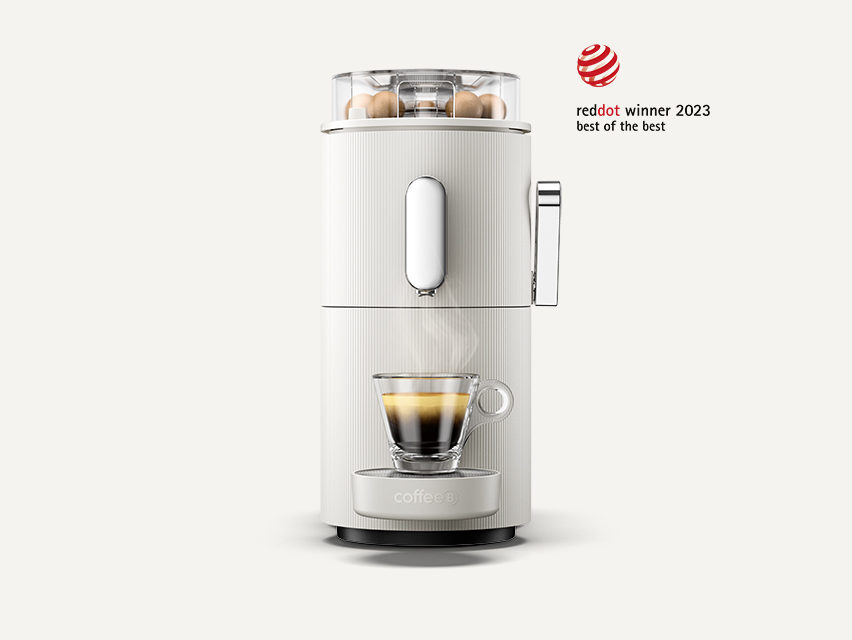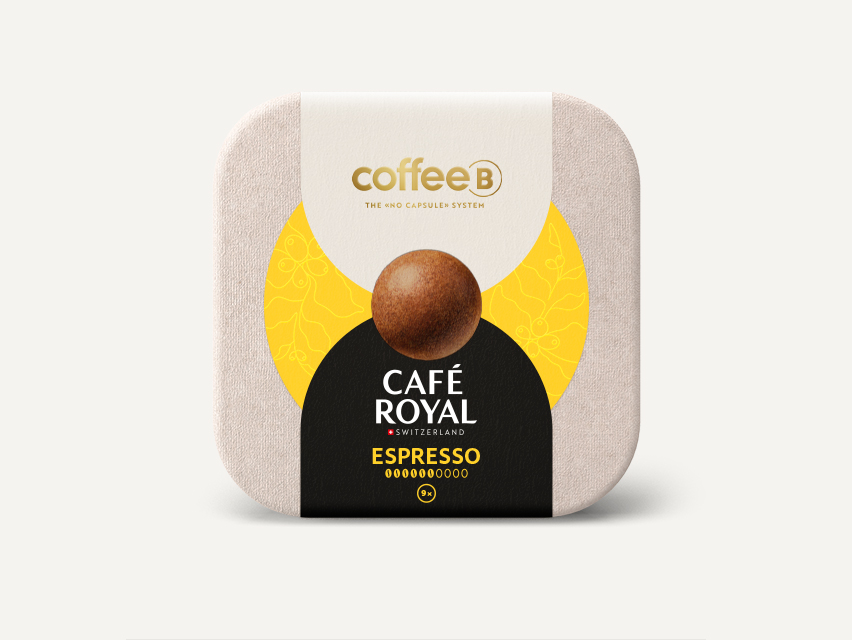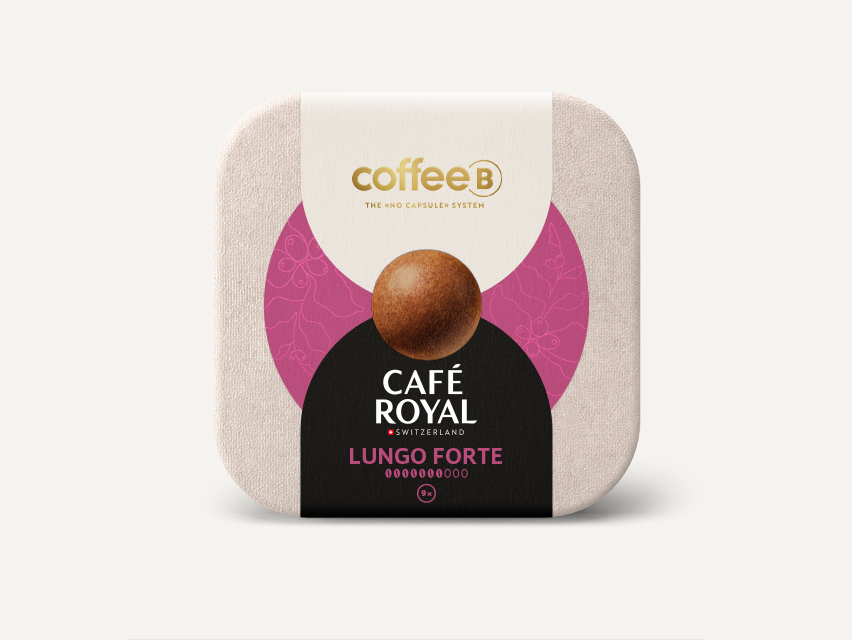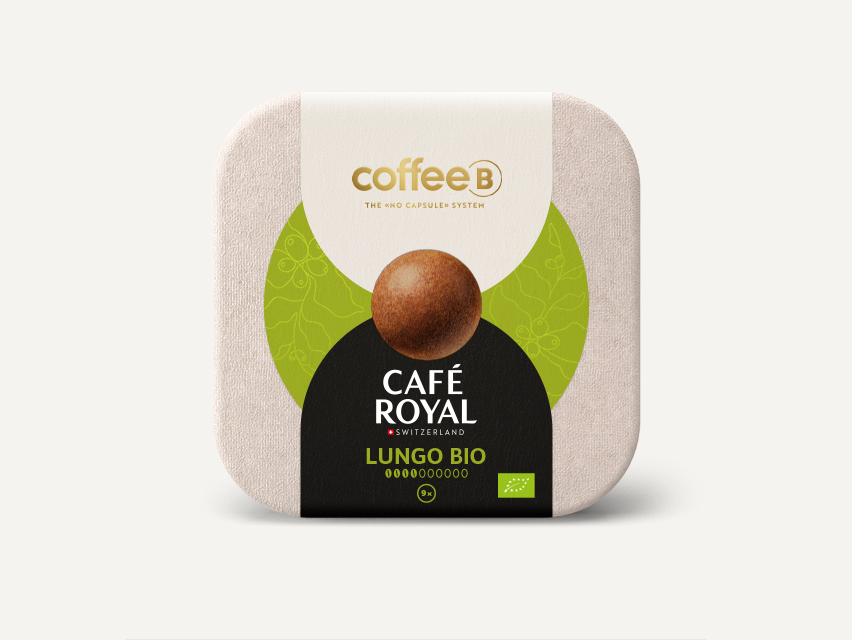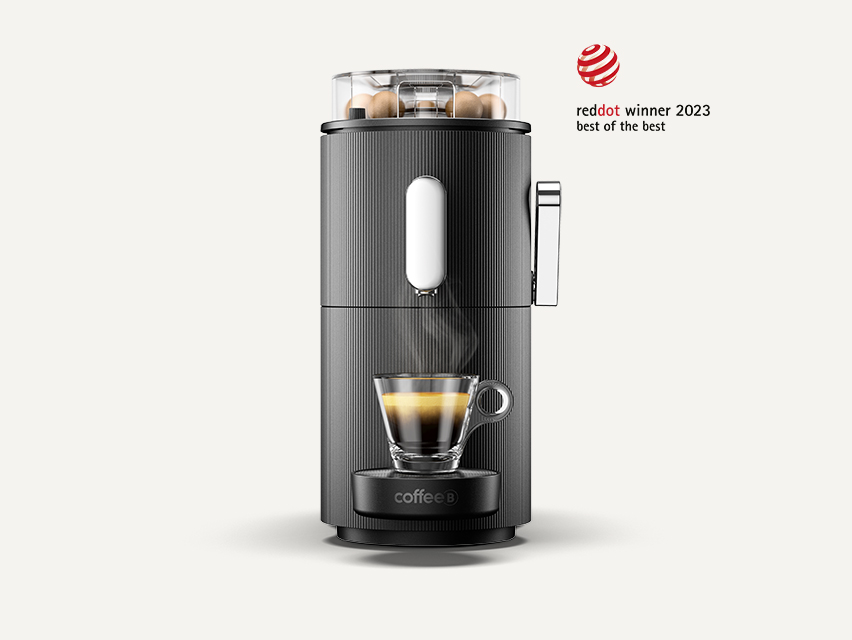Composting coffee: the basics
In cooperation with The Frenchie Gardener
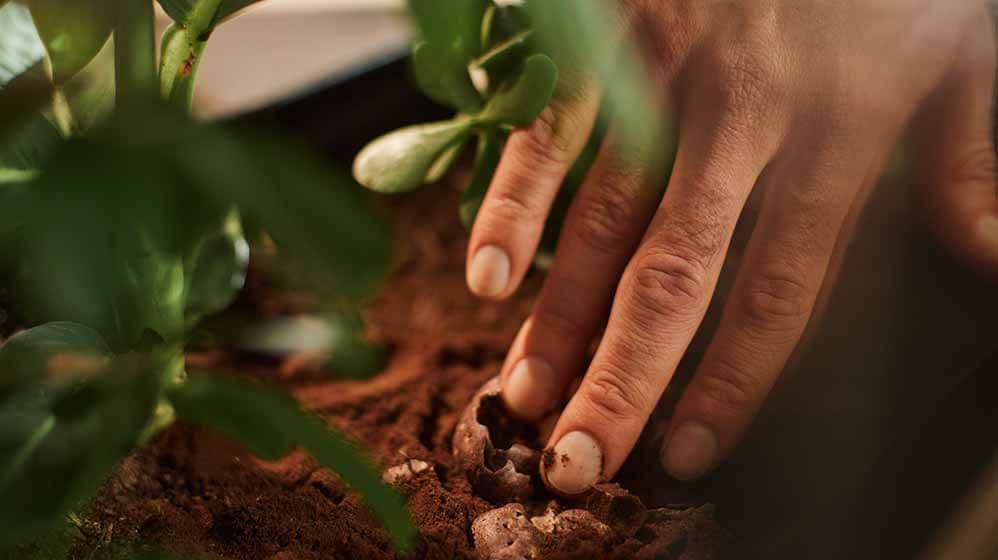

Composting coffee: the basics
In cooperation with The Frenchie Gardener
12. July 2022
Sustainability
Can I use coffee grounds as compost?
Coffee grounds are worth their weight in gold! They contain three macro-nutrients that plants need for healthy growth: nitrogen, phosphorus and potassium. Coffee grounds are therefore ideally suited for making compost.
Coffee grounds develop the useful fungus Trichoderma in compost. This green fungus looks rather like mildew – you may have discovered it before on older coffee grounds in your home. However, it is very valuable for the earth and its inhabitants as it improves the health of soils, stimulates plant growth, and protects plants against diseases.
Coffee grounds also have another major advantage: they provide nourishment for earthworms. Nutritious soils in turn attract living organisms that further improve the soil itself. Earthworms provide the soil with better ventilation and simultaneously fertilise it by feeding on organic matter and forming so-called worm humus. Coffee grounds are the favourite food of earthworms – whether for breakfast, lunch or dinner.
If you're now wondering why you didn't know that before and have been throwing away huge quantities of coffee grounds all the time: well, now you know. And CoffeeB offers you a fabulous coffee system with easily compostable Coffee Balls.
Coffee grounds develop the useful fungus Trichoderma in compost. This green fungus looks rather like mildew – you may have discovered it before on older coffee grounds in your home. However, it is very valuable for the earth and its inhabitants as it improves the health of soils, stimulates plant growth, and protects plants against diseases.
Coffee grounds also have another major advantage: they provide nourishment for earthworms. Nutritious soils in turn attract living organisms that further improve the soil itself. Earthworms provide the soil with better ventilation and simultaneously fertilise it by feeding on organic matter and forming so-called worm humus. Coffee grounds are the favourite food of earthworms – whether for breakfast, lunch or dinner.
If you're now wondering why you didn't know that before and have been throwing away huge quantities of coffee grounds all the time: well, now you know. And CoffeeB offers you a fabulous coffee system with easily compostable Coffee Balls.
How to turn your Coffee Balls into compost?
The best thing about your brewed Coffee Balls is that they're pure gold for your soil. Coffee Balls are free of plastic or aluminium, consist of prime roasted coffee and are 100% compostable.
Coffee Balls are suitable for all forms of composting: in the worm farm (so-called "vermicompost"), as a source of food, in garden compost or in your bokashi compost maker for the home. Each time you make your favourite coffee, the brewed Coffee Balls fall into the collection tray of your machine. Empty the used Coffee Balls regularly and add the balls directly to your compost. The ball will have completely decomposed after 12 weeks at the latest.
Coffee Balls are suitable for all forms of composting: in the worm farm (so-called "vermicompost"), as a source of food, in garden compost or in your bokashi compost maker for the home. Each time you make your favourite coffee, the brewed Coffee Balls fall into the collection tray of your machine. Empty the used Coffee Balls regularly and add the balls directly to your compost. The ball will have completely decomposed after 12 weeks at the latest.
Can coffee be used as a plant fertiliser?
You can also add your brewed Coffee Balls directly to the soil as fertiliser. Make sure when doing so that the Coffee Balls have cooled down, and crush them with your hands a bit before mixing them with the soil. Find out more here about using Coffee Balls as fertiliser.
Don't throw your coffee grounds away
Vegetable waste is produced each day in our kitchens because we cannot eat fruit and vegetables in their entirety: as well as orange peel, apple cores and the green parts of radishes, we should never throw coffee grounds into the rubbish.
Composting is an important part of gardening. By composting, you can return your garden waste and food leftovers to the nutrition cycle, thereby reducing waste in keeping with the CoffeeB philosophy. For more tips on how to reduce waste in your everyday life, check out our Zero Waste Guide.
Composting is an important part of gardening. By composting, you can return your garden waste and food leftovers to the nutrition cycle, thereby reducing waste in keeping with the CoffeeB philosophy. For more tips on how to reduce waste in your everyday life, check out our Zero Waste Guide.


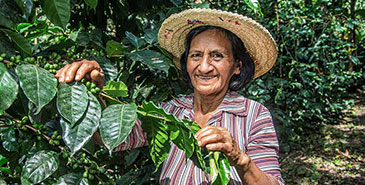
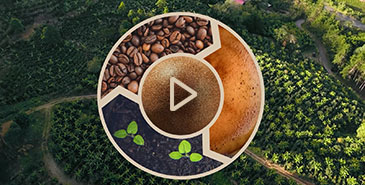
 Café Royal
Café Royal
.svg)
.svg)

